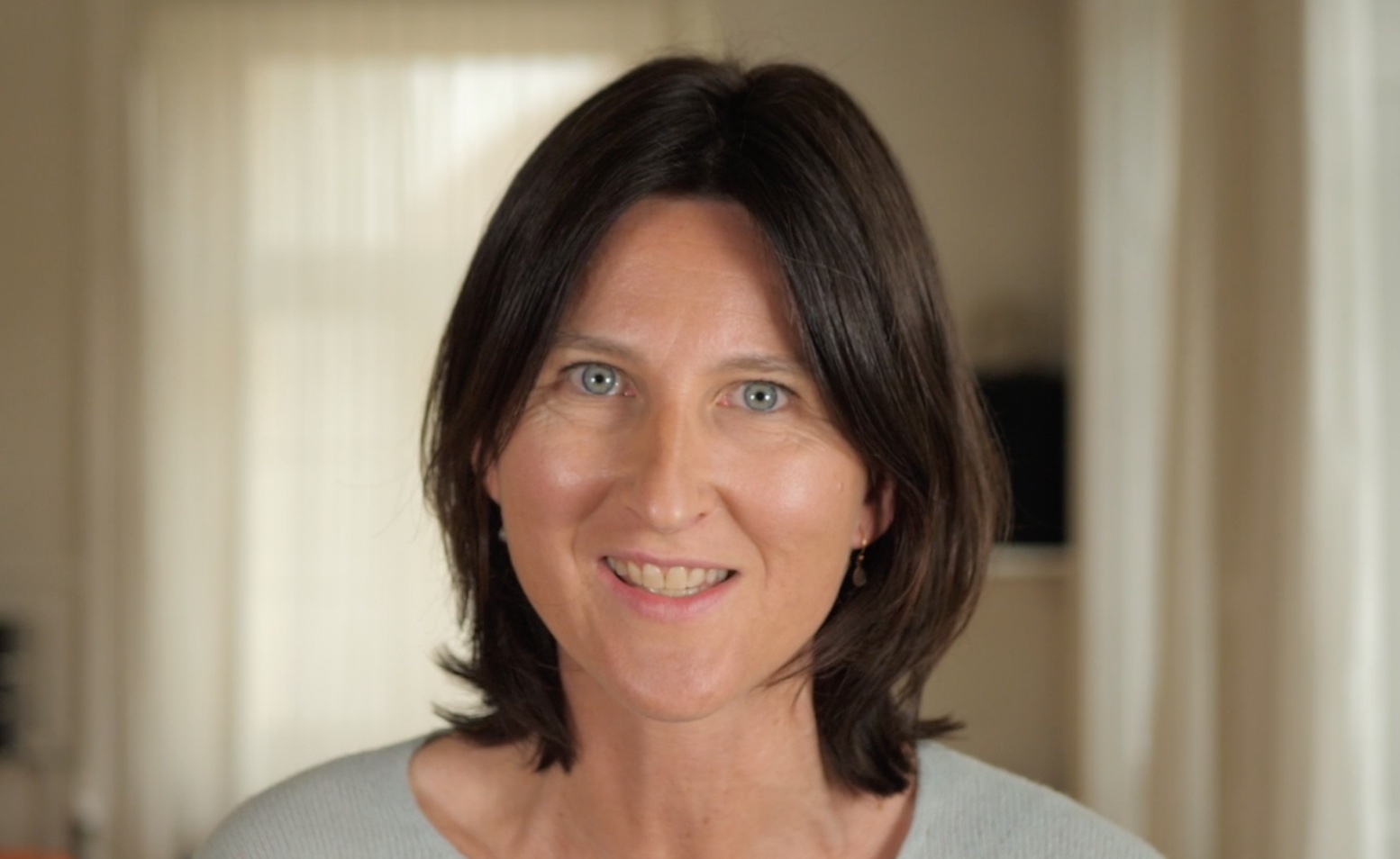
I am Petra Schneider. I have been working as an independent physiotherapist and respiratory therapist for a good year now. I originally attended grammar school in Vienna and then trained as a physiotherapist. I was also employed in this field for some time. I recently completed additional training in respiratory therapy.
I completed a training course in psychodynamic body and breathing therapy at LIKA. I was motivated to do this because I had been looking for a complementary therapeutic method for some time. Physiotherapy alone was not enough for me. During a career counseling session, the psychological field emerged as one of my interests. This led me to find out about psychotherapeutic professions. I quickly discovered LIKA and the respiratory therapy training.
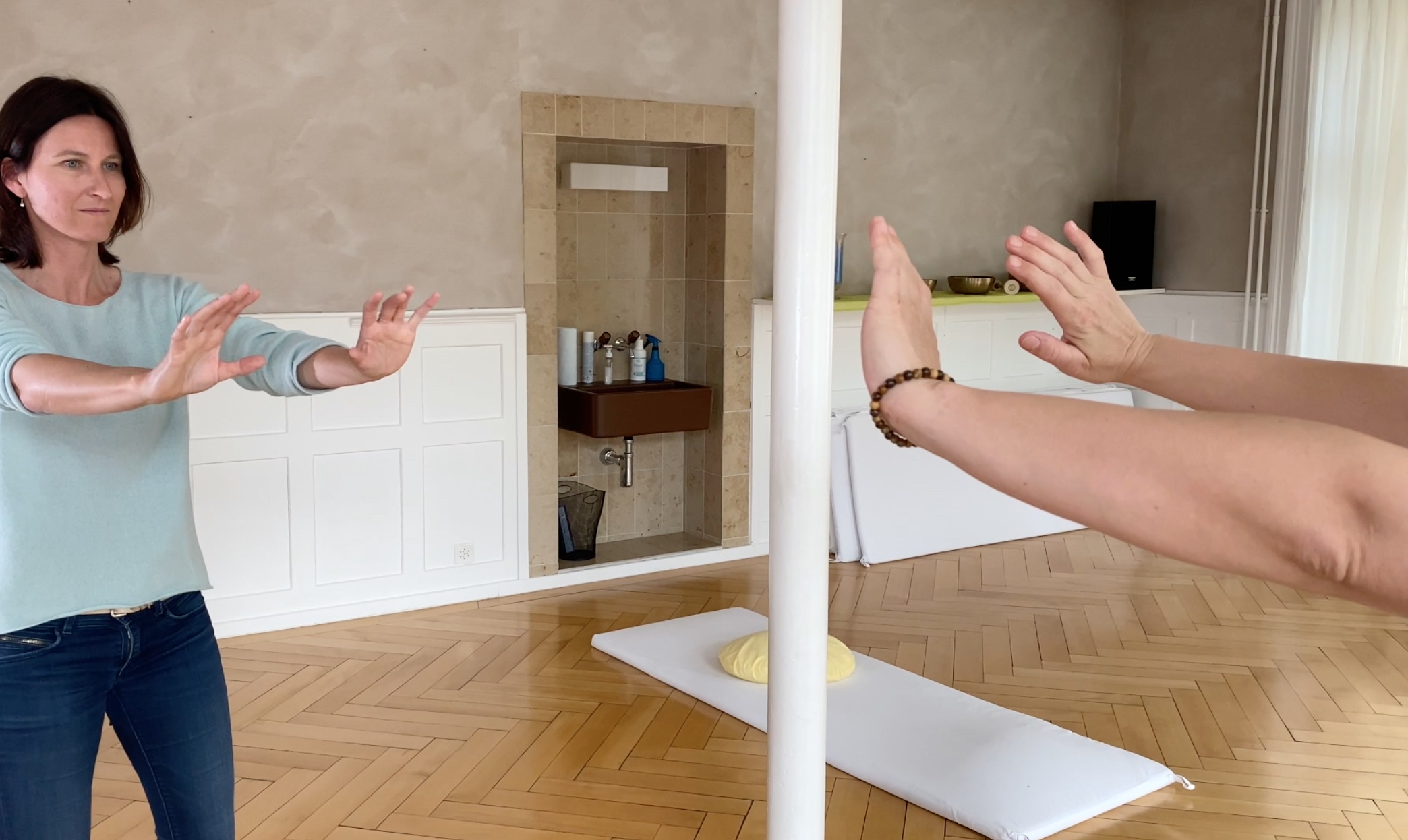
At LIKA Fachschule, I was impressed by the clarity of the design and content of the breathing therapy course. I was interested in the meridian system and EMR recognition. So it contains exactly the points that were decisive for me when choosing the course. The later meeting at the open day also radiated this familiar atmosphere. After a trial treatment, I was sure that I had found the right complementary therapeutic method for me.
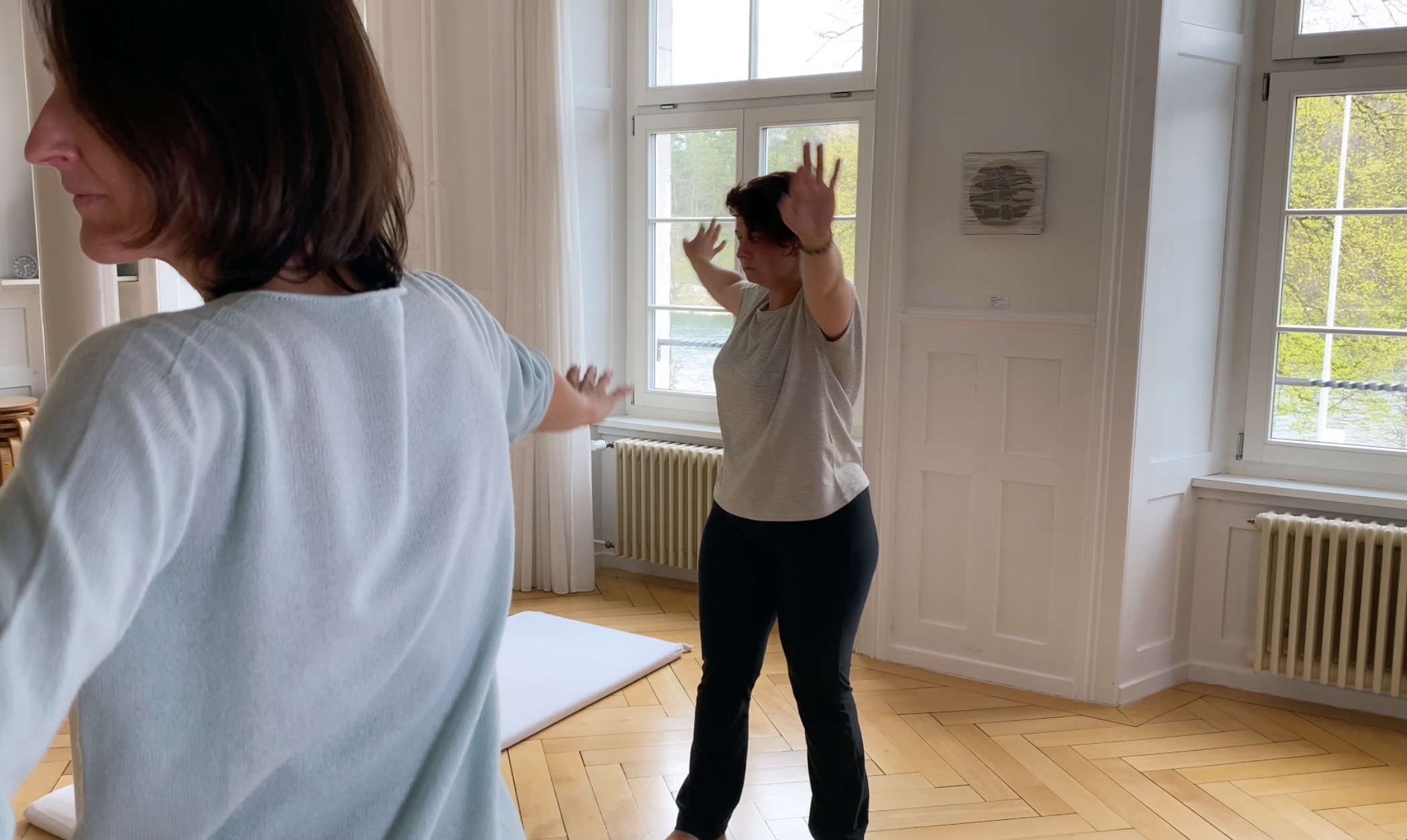
My knowledge of breathing therapy fully supports my professional work. Breath therapy accompanies me in my work with every client. I notice that by using breathing therapy, I reach the patient as a whole. Whether it's a painful shoulder, muscle building or joint mobilization - I can better identify the causes of the problems and achieve a greater effect. Patients really appreciate it when I, as a physiotherapist and respiratory therapist, focus on their whole health. The breath reveals itself through behavioral patterns, insecurities and stress. This allows me to approach a problem from different angles.
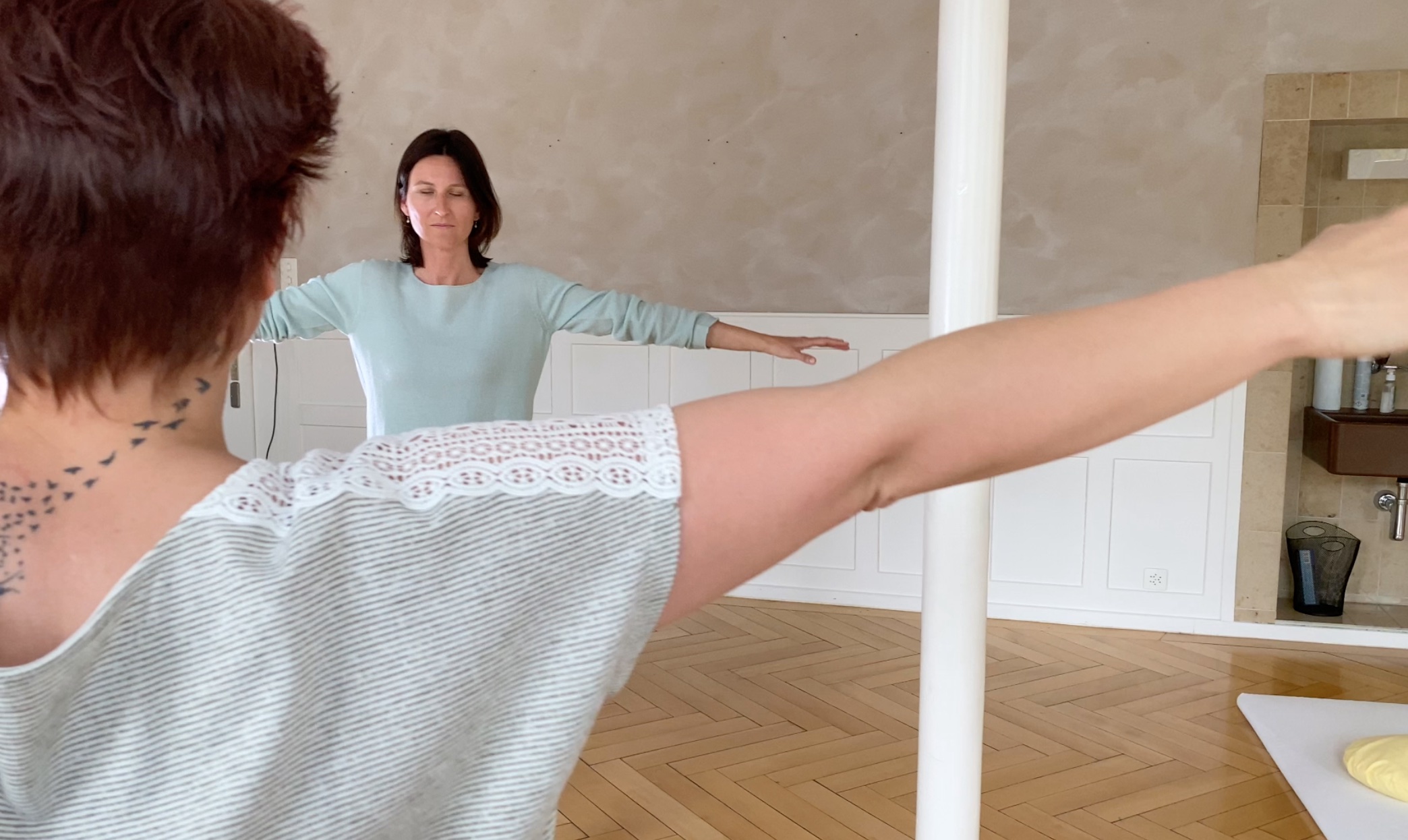
The whole three years of breathing therapy training were a huge "icing on the cake" for me. I was like a funnel that was only allowed to absorb. I learned something valuable from every seminar I attended. I can't reduce it to just one. At most perhaps the meridian system, which had always interested me and which I can now connect with the breath and work with. This is an enrichment for me. Just like psychodynamics or the shell model, where you can see how the breath interacts with the past and present state. For me, it is a simple way of using the breath to talk to the client and recognize problems without digging too deeply into the past. I found every single seminar during the breath therapy training very valuable. It's also nice how they interweave, cover different aspects and flow together to form a big whole.
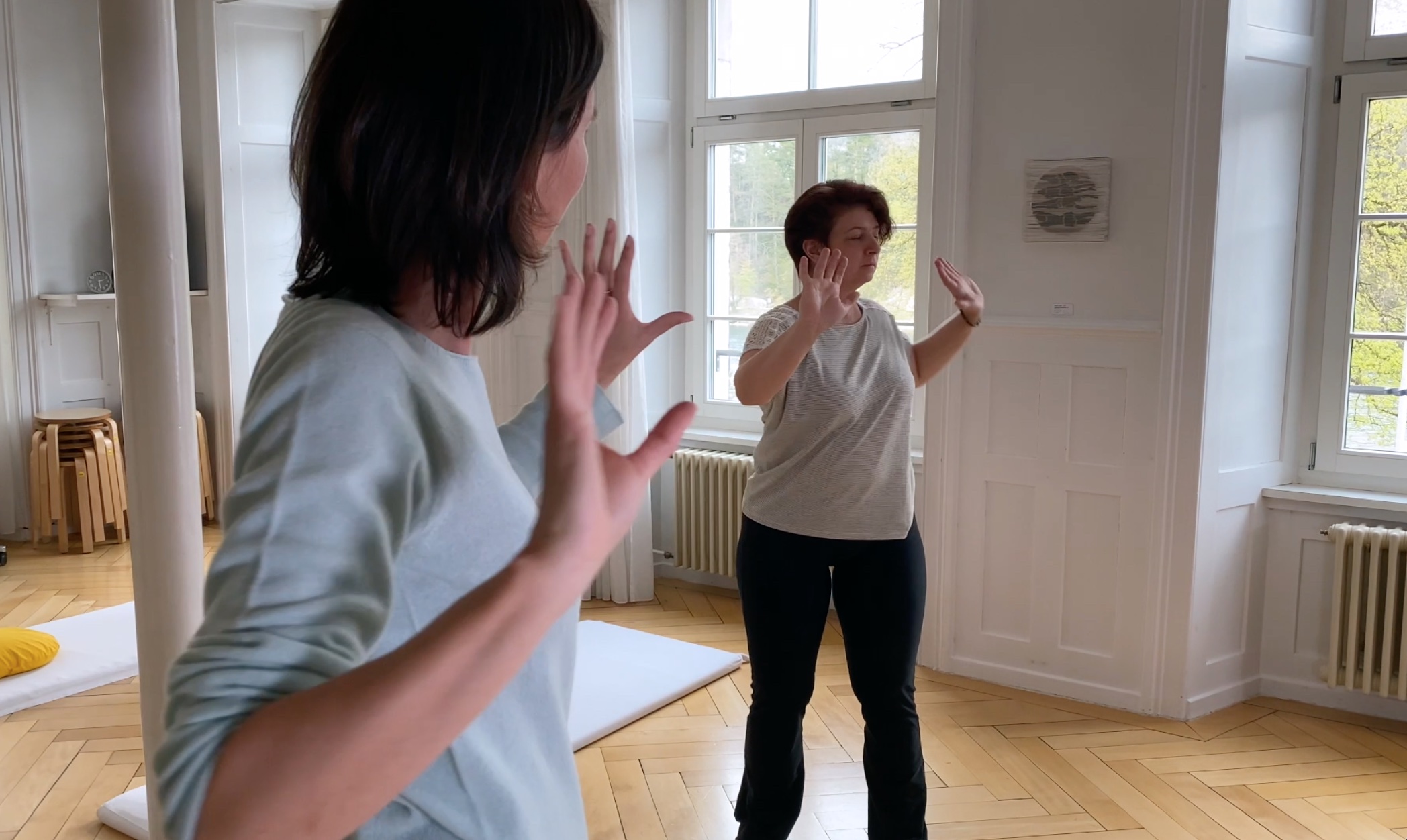
The biggest challenge for me during my breathing therapy training was my own family organization with two children. Nevertheless, I am glad that I took this step. Spending the seminars at LIKA was like regeneration for me. Towards the end, learning the material for the dissertation was also challenging. I learned how to deal with a higher level of stress. This is also a very good experience for me in dealing with everyday life and clients.
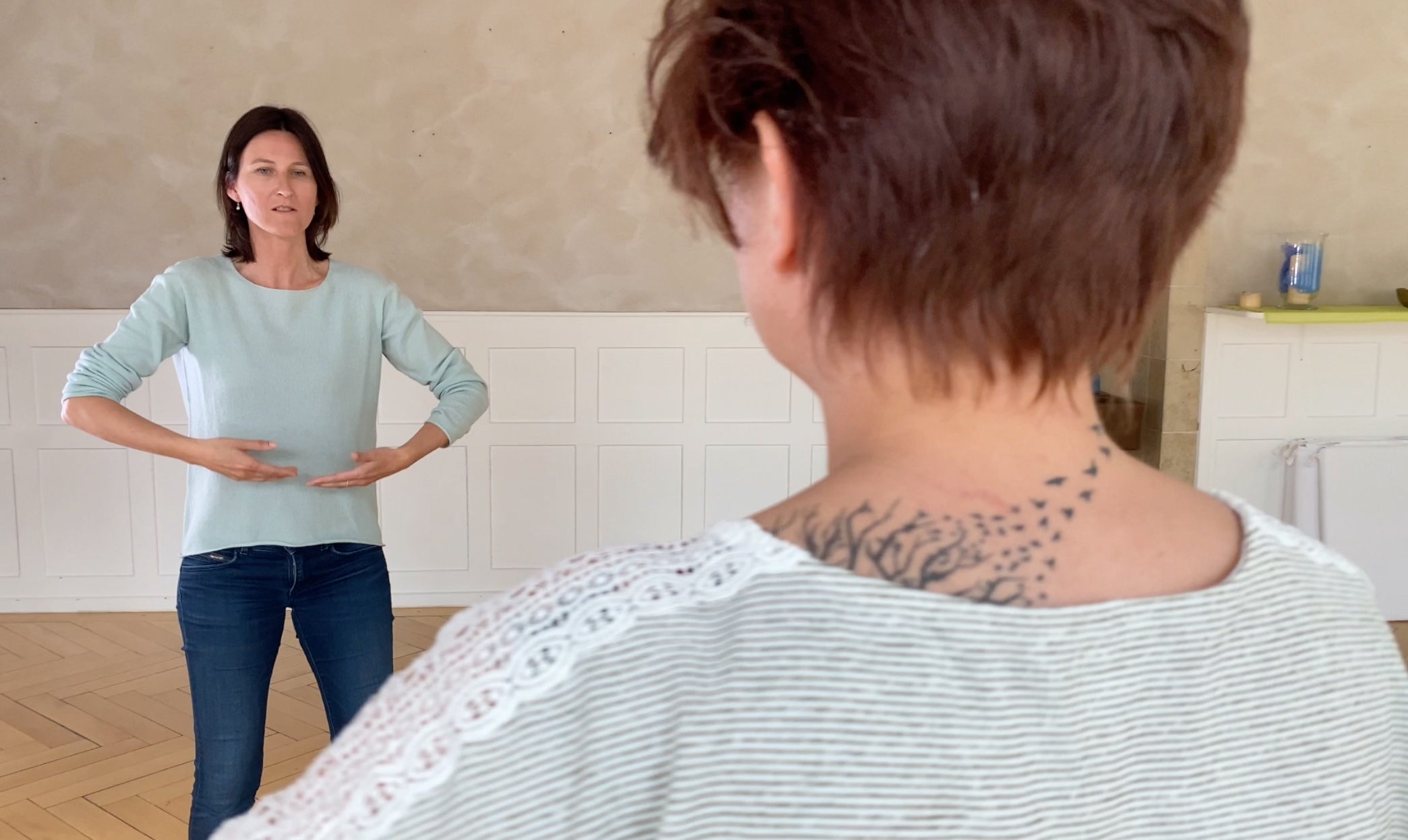
The further training in breathing therapy has certainly increased my satisfaction. Firstly, personally, through the development of my own personality, which I hadn't consciously sought out and wasn't aware of how much it does to you. However, this brought a great deal of enrichment on various levels and also for me personally. I am certainly also happier in my work. Before that, I had already thought about whether being a physiotherapist was the right career for me. I was also exhausted back then. Now, together with respiratory therapy, it has given me a great whole. I can now provide both physiotherapy and respiratory therapy at the same time. This gives me two things that I can play with as needed to help people. Knowing about boundaries and how to deal with them well has also helped me a lot in my therapeutic work. Today, I no longer give too much of myself without taking care of myself. I now consciously regenerate myself again and again and use my islands of relaxation to reduce stress and strain.
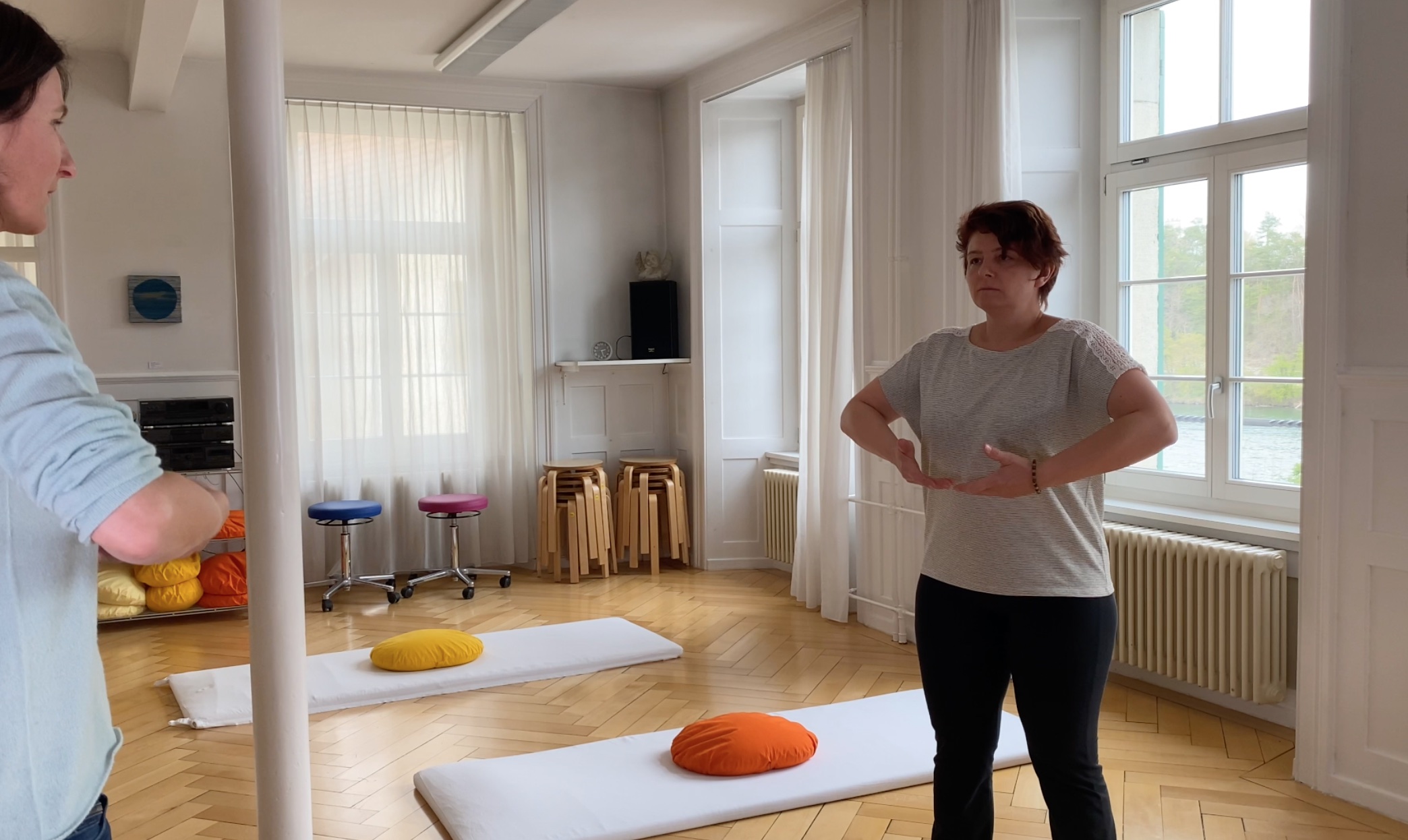
As a physiotherapist, I was always employed and never felt the great urge to set up my own practice. This changed with the respiratory therapy training and I felt more inspired to realize myself in this respect. After that, I became partly self-employed, which came about so smoothly. I have now had my own practice for a good year, which I am running and building up. In physiotherapy, respiratory therapy is already known as secretion mobilization and for rotational stretching. However, the fact that it involves the person as a whole is something I don't think is known in medicine and physiotherapy. In my experience, this is also very much appreciated by the medical profession - whether due to psychiatric backgrounds, lung problems or heart problems.
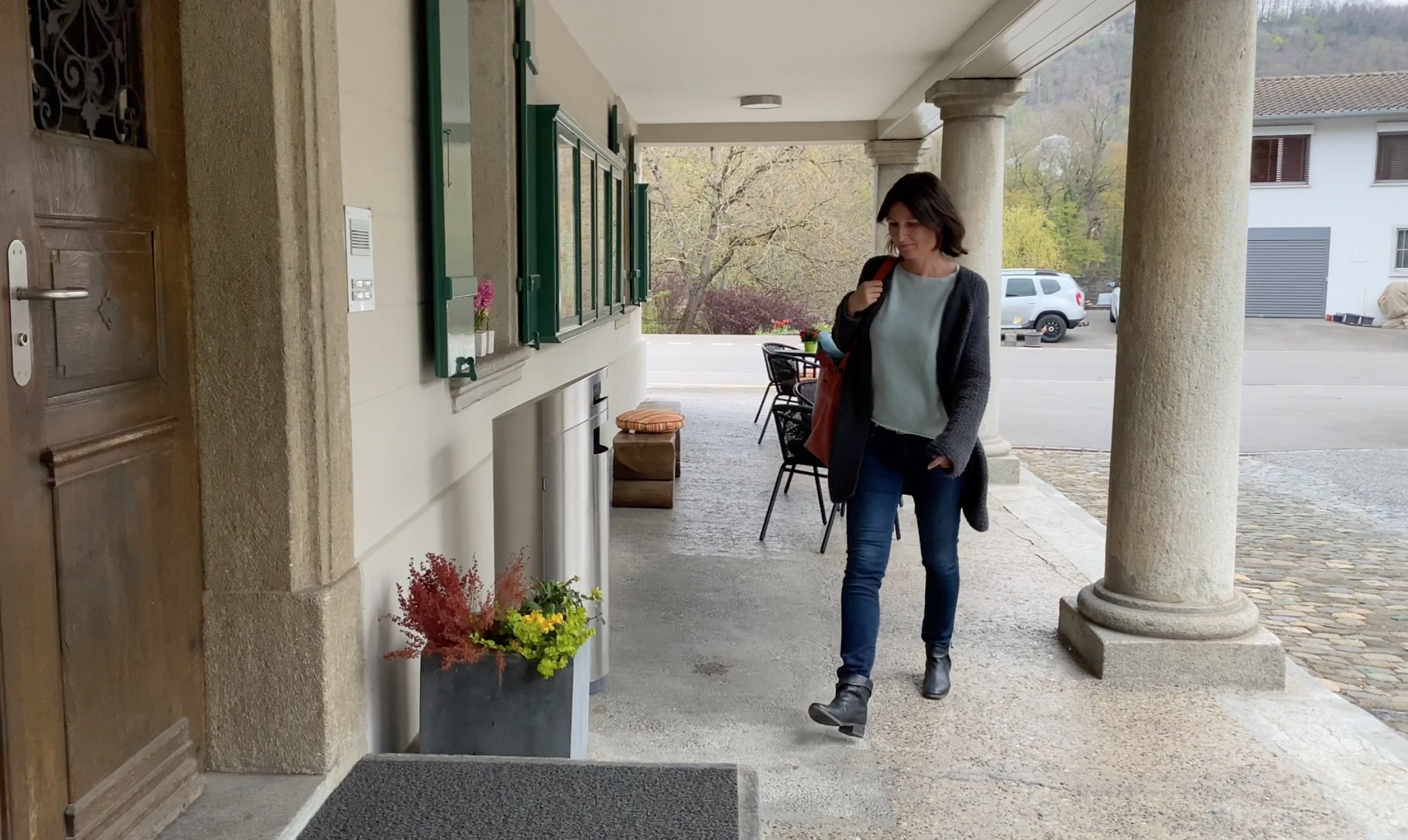
Without the respiratory therapy training, I would be more uncertain. But this is a difficult question - I now know where I stand today and can enrich my physiotherapy work as a respiratory therapist. One thing that has accompanied me through the training the most is the realization that it is a development. I would probably miss that. I realized that I don't have to be where I want to be later on. In physiotherapy, there was always a certain pressure for me to feel something in time. In the flow of breathing therapy, I can feel things much more easily. And I have the confidence that something will show up or develop in me and my clients. In development, I have the confidence that things will turn out well and are okay. Patients are also more relaxed thanks to the large amount of space they experience through breathing therapy and the inner calm I transmit. The calmness in the patients changes their tissue and their state of tension. The intentions I set take effect in the body in a completely different way and influence their own being through the breath. This also has a positive influence on the client's development. It is also a great benefit for me as a family. Conversations are now conducted with more respect and we simply know each other better.
I have always really enjoyed the arrival during the breathing therapy training, because there was always a lot of space to exchange ideas and see where the others are at the moment and how they are doing. The head of the breathing therapy course also actively listened to how we were feeling. I found the theoretical knowledge as well as the practical work and the experiences I gained enriching. I was always able to take something away with me. For me, it was recreation and it was never a duty to come. It was a pleasure to leave so nourished. For me, what I learned was always immediately applicable one-to-one in my therapeutic work.
When I think of the breathing therapy training at the LIKA Institute, it is simply enriching to be able to deal so intensively with yourself and your breath. In my opinion, this knowledge is very enriching for anyone working in therapy and can be integrated into their work. During the training to become a breath therapist, you go through a very intensive development and work very intensively on the subject for three years. I particularly like the location of LIKA, because you can drive down as soon as you arrive. I often spent the night there with a few other people on the floor with a mattress during my training in breathing therapy. You can immerse yourself at LIKA and enjoy the surroundings - whether swimming in the river, walking in the woods or eating out at a restaurant. You could do something good for body and soul.
I still remember one key moment during my training in breathing therapy, although there were several. It was about building a space together as a therapist with a client and after the treatment I simply felt one hundred percent coherent and at ease. I was completely with myself and felt a huge sense of joy - not just in my head but also physically. I personally came to the realization that it's okay the way I am. I can continue to ride with my knowledge and skills. That was my key moment.
The atmosphere at LIKA is completely informal and on an equal footing. We were a small basic group of five people and a similarly small accompanying group at certain breathing therapy seminars. It was always very benevolent and friendly. The trainers and school management were always very accommodating and supportive. If you are ill or have to postpone a seminar for other reasons, it's no problem at all. They make sure that you are well during your respiratory therapy training.
Overview of respiratory therapy training to become a respiratory therapist